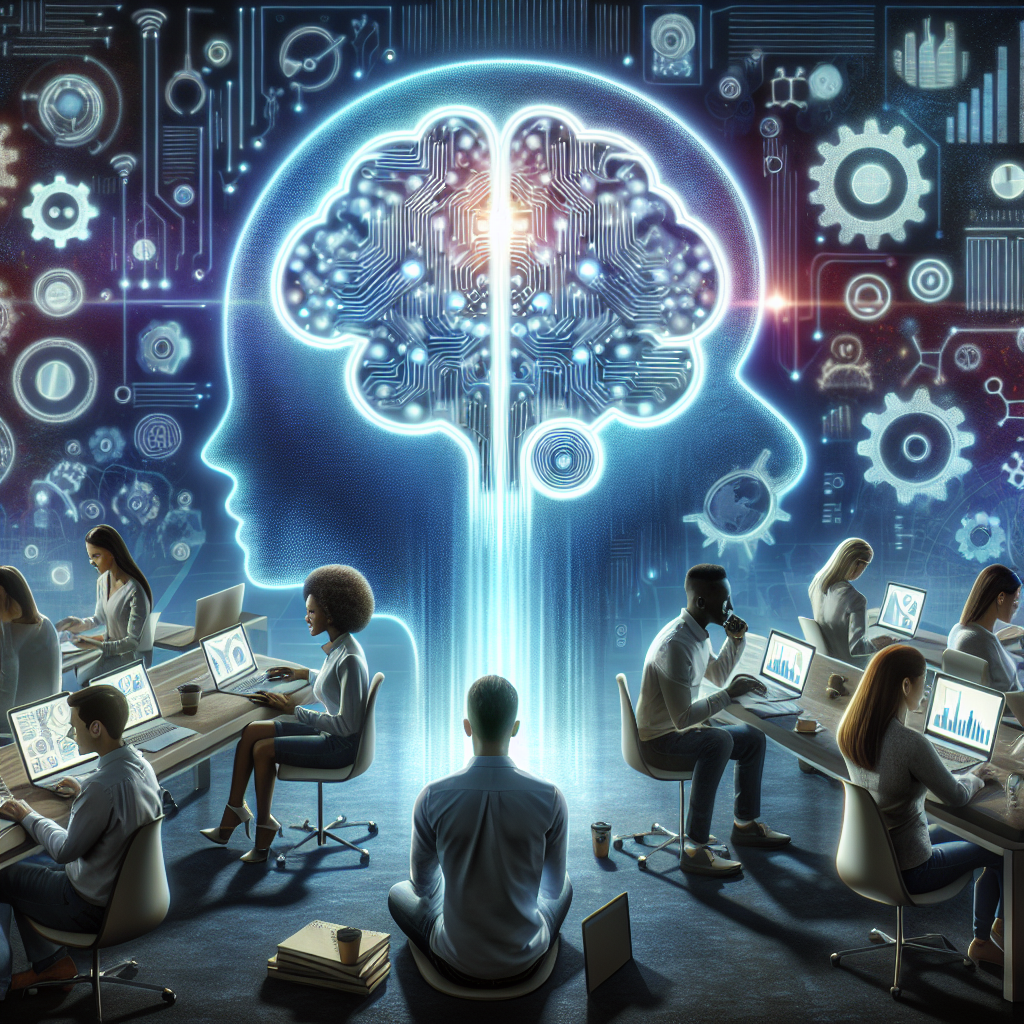The Promise of AI for Nonprofit Organizations: Maximizing Impact Through Innovation
In recent years, artificial intelligence (AI) has become a hot topic in the nonprofit sector. From fundraising to program delivery, AI has the potential to revolutionize the way nonprofits operate and maximize their impact. By leveraging AI technologies, nonprofits can streamline processes, improve efficiency, and make better decisions based on data-driven insights.
AI has the power to transform the way nonprofits work by automating repetitive tasks, predicting trends, and identifying areas for improvement. By harnessing the power of AI, nonprofits can better allocate resources, engage with donors and supporters, and deliver more effective programs and services.
One of the key benefits of AI for nonprofits is its ability to analyze data and provide insights that can inform decision-making. Nonprofits can use AI to track donor behavior, predict giving patterns, and identify potential donors who are likely to support their cause. By analyzing data in real-time, nonprofits can make more informed decisions about fundraising strategies, program delivery, and overall organizational performance.
AI can also help nonprofits enhance their impact by optimizing program delivery. By using AI-powered tools, nonprofits can personalize services for beneficiaries, track outcomes in real-time, and identify areas for improvement. For example, AI can be used to predict which interventions are most effective for specific populations, allowing nonprofits to tailor their programs to meet the unique needs of their beneficiaries.
In addition to improving operational efficiency and program delivery, AI can also help nonprofits engage with donors and supporters in more meaningful ways. By analyzing donor behavior and preferences, nonprofits can create personalized fundraising campaigns, send targeted communications, and build stronger relationships with their supporters. AI can also help nonprofits identify new sources of funding, diversify their revenue streams, and increase donor retention rates.
Overall, the promise of AI for nonprofits is vast. By embracing AI technologies, nonprofits can innovate, adapt to changing environments, and maximize their impact in a rapidly evolving world. However, there are also challenges and considerations that nonprofits must navigate when implementing AI solutions. From data privacy concerns to ethical considerations, nonprofits must be mindful of the risks and implications of using AI in their operations.
FAQs:
1. What is artificial intelligence (AI) and how can it benefit nonprofit organizations?
AI refers to the simulation of human intelligence processes by machines, particularly computer systems. AI technologies can analyze data, learn from patterns, and make decisions based on algorithms. For nonprofits, AI can benefit organizations by streamlining processes, improving efficiency, and providing data-driven insights for decision-making.
2. How can nonprofits use AI to enhance their impact?
Nonprofits can use AI to analyze donor behavior, predict giving patterns, personalize program delivery, and engage with donors in more meaningful ways. By harnessing the power of AI, nonprofits can optimize their operations, deliver more effective programs and services, and increase their impact on the communities they serve.
3. What are the challenges and considerations nonprofits should be aware of when implementing AI solutions?
Nonprofits must be mindful of data privacy concerns, ethical considerations, and the potential for bias in AI algorithms. It is important for nonprofits to establish clear policies and guidelines for using AI, ensure data security and confidentiality, and prioritize transparency and accountability in their AI initiatives.
4. How can nonprofits get started with AI?
Nonprofits can start by conducting a needs assessment to identify areas where AI can benefit their organization. They can then explore AI technologies and solutions that align with their goals and objectives, and seek out partnerships with AI experts and vendors to help them implement AI solutions effectively.
In conclusion, the promise of AI for nonprofit organizations is significant. By leveraging AI technologies, nonprofits can maximize their impact, innovate their operations, and adapt to a rapidly changing world. While there are challenges and considerations to navigate, the potential benefits of AI for nonprofits are vast. By embracing AI, nonprofits can transform the way they work, engage with donors and supporters, and deliver more effective programs and services to the communities they serve.

